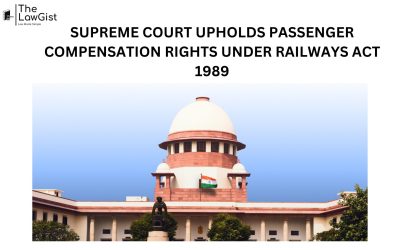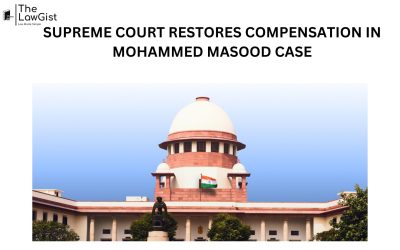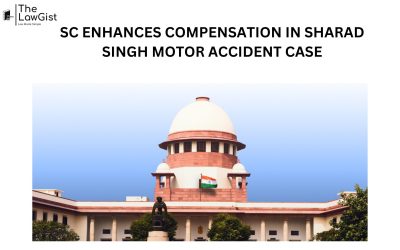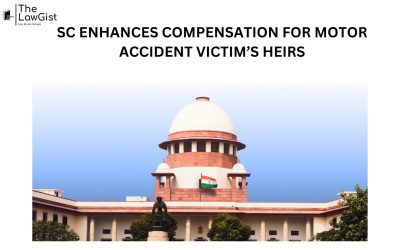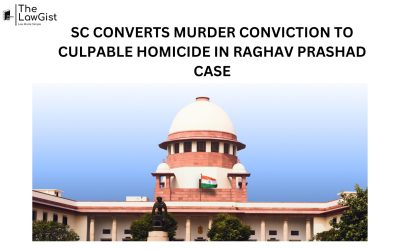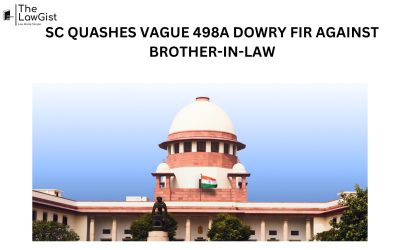
Supreme Court delivers landmark ruling on retirement age eligibility for educators.
CASE SUMMARY – In Subha Prasad Nandi Majumdar v. State of West Bengal, the Supreme Court addressed whether 10 years of teaching experience outside West Bengal qualifies for retirement age extension under a 2021 State Notification. The Calcutta High Court’s Division Bench denied this benefit. The Supreme Court reversed the decision, ruling that limiting benefits based on geographic teaching location is arbitrary and unconstitutional. Emphasizing equality and fraternity, the Court held that statutory interpretation must align with legislative purpose, not parochial interests. The appellant was granted retirement at 65 years, setting a precedent against exclusionary administrative interpretations.
SC UPHOLDS TEACHING EXPERIENCE FROM OTHER STATES FOR RETIREMENT AGE EXTENSION
| ASPECTS | DETAILS |
| Case Title | Subha Prasad Nandi Majumdar vs. The State of West Bengal & Ors., Civil Appeal No. of 2025 |
| Introduction | The appellant challenged the decision of the Calcutta High Court Division Bench, which denied him the benefit of extended retirement age under a 2021 Notification due to lack of 10 years teaching experience within West Bengal. |
| Factual Background | The appellant had 16 years of teaching experience in Assam and 14 years of administrative service in Burdwan University. He was denied retirement extension based on teaching location. |
| Legal Issues | Whether the Notification dated 24.02.2021 restricts the eligibility to teaching experience only within West Bengal and if such interpretation is constitutionally valid. |
| Applicable Law |
|
| Analysis | The SC held that exclusion based on geographic teaching experience lacks rationale, promotes arbitrary classification, and violates equality. It emphasized contextual statutory interpretation. |
| Conclusion | Appeal allowed. Division Bench order set aside. Appellant entitled to retirement at 65 years. |
| Current Scenario | The appellant’s retirement age is now officially set at 65, and the judgment sets a precedent against parochial administrative interpretations. |
“Equality and fraternity are constitutional values that must not be overshadowed by parochial policy interpretations.”
SOURCE – SUPREME COURT OF INDIA
READ ALSO – Articles 14 & 16 of the Constitution of India


